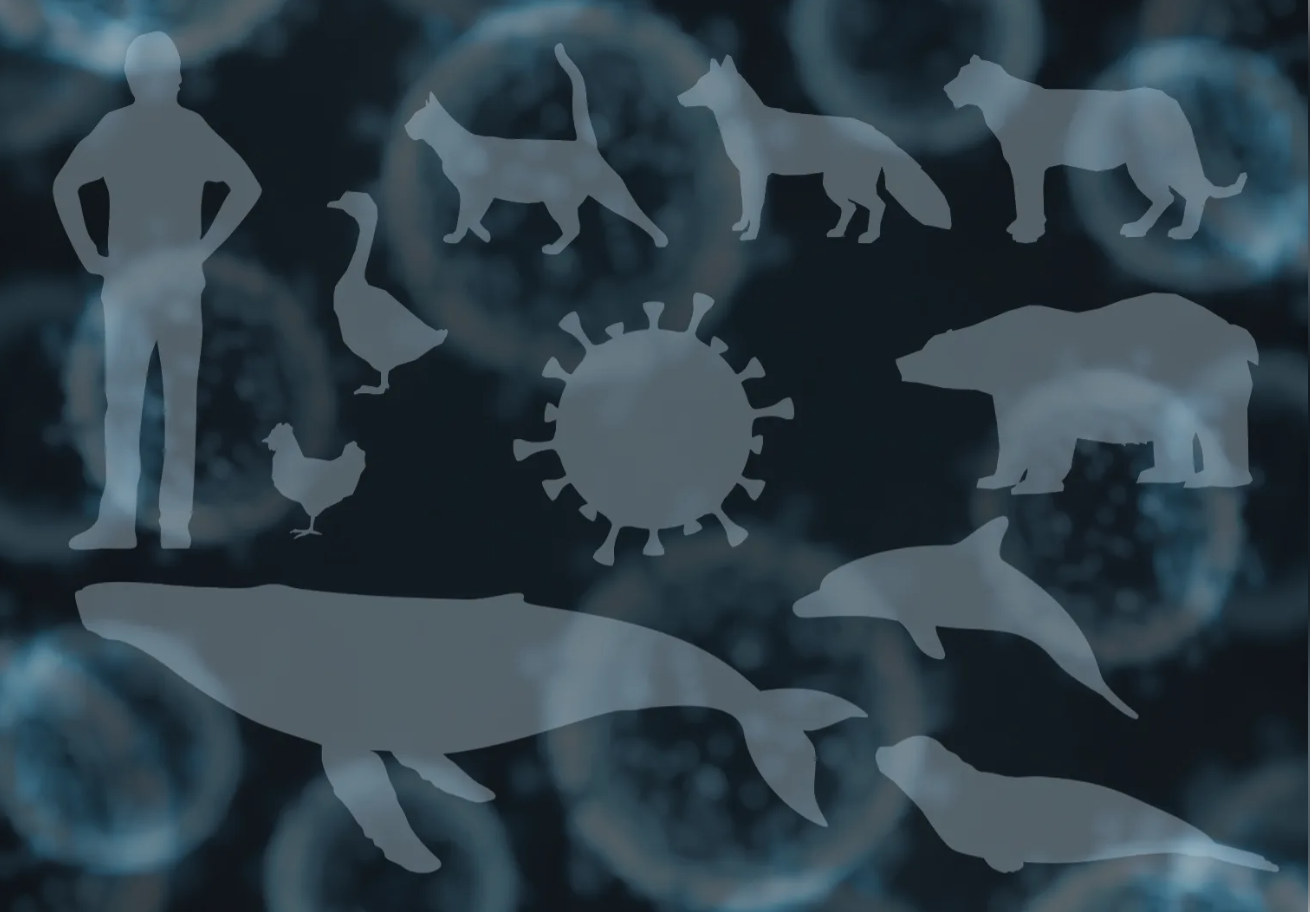By Sharon Omahen
University of Georgia
Have you ever bought a bunch of ripe bananas for your family
and
found that nobody’s in the mood for bananas? Wasted. Well,
imagine how hard it is for supermarket produce managers to
consistently guess what and how much their consumers want without
waste. A new University of Georgia computer game shows the way.
Ultimately, decisions made by produce managers determine the
quality and the availability of fresh produce for your family at
your grocery store.
“If they order too much for the demand, they have to clearance
the produce. The store loses money,” said Deepak Aggarwal, an
agricultural engineer with the UGA College of Agricultural and
Environmental Sciences. “Or if they order too late for a
particular holiday season, such as greens for New Year’s Day,
they miss the demand completely.”
Retail produce managers need proper training to understand the
links involved in the supply chain, he said.
Teaching through a computer game
To do this Aggarwal and his UGA colleagues developed a
Windows-based computer game with funding from the USDA Marketing
Service.
It’s not likely to be a hit with the Game-boy crowd, but produce
managers who are new to the job should love it.
“We wanted to provide an entertaining approach to learning
about
fresh produce retailing,” he said.
In the “peach” game, the player (produce manager) assumes the
role of a retailer who is striving to minimize inventory without
running out of an item. It also teaches the keys to inventory
management, how to deal with delays in produce delivery and
determining shelf life.
The peach game is based on a similar game developed at the
Massachusetts Institute of Technology (MIT).
Advice from a pro
Em-Orn Savage, produce manager of Kroger’s in Griffin, Ga.,
has
helped the UGA team by playing the game and giving the team
feedback.
“I don’t represent a typical player, though,” she said. “I
don’t
want to cut myself too short and I just try and play safely so I
don’t run out.”
She sees the new peach computer game as a tool that would be
useful to produce managers who are new in their jobs.
“The key is to keep a close eye on your inventory and you
won’t
go wrong,” Savage said.
The peach games teaches the same principles. It uses peaches
as
the primary product, but the concepts would work for any fruit or
vegetable. Players either earn or lose money based on the
decisions they make as fictitious produce managers.
“Consumer demand can be random and there are obstacles along
the
way,” said Aggarwal.
He said these obstacles teach producer managers how to deal
with
unexpected events and how and when to discount produce.
Selling the idea to the industry
“The next step is to pitch the game at the corporate level to
supermarket chains,” said Stan Prussia, a CAES agricultural
engineer who helped develop the game. “For the game to be useful,
we need them to support the project and implement it in their
staff training programs.”
Prussia introduced the game at the Food Distribution Research
Society meeting last year in Miami, Fl., and found a new
market.
“Teachers from California, Ohio and Maryland showed interest
in
the game as a teaching tool for their business classes,” he said.
“And food science students here at UGA have played the game and
say it helps them better understand the complexities of the food
delivery system.”
The peach game can be downloaded from UGA at
www.griffin.uga.edu/ageng/programs/peachgame.exe. Stella
software is also required to run the peach game and can be
obtained at www.hps-inc.com.




